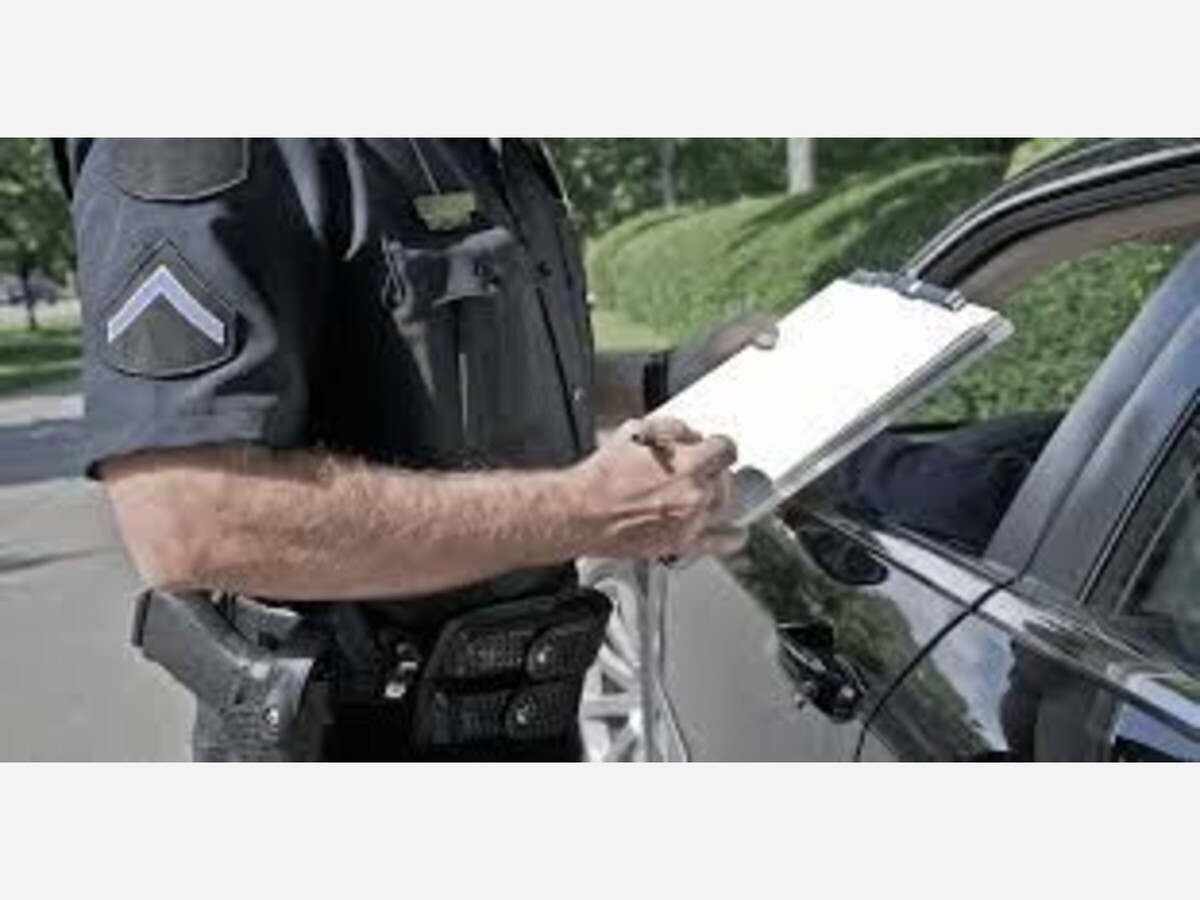Image

Between GA--Across the United States, traffic tickets are a major source of revenue for many municipalities—a practice that, critics say, can undermine public trust in law enforcement and disproportionately burden low-income residents. Nowhere is this tension more visible than in Georgia, where civil rights advocates warn that state law enables cities to use police as revenue generators, sometimes at the expense of fair policing.
In Georgia, dozens of cities rely heavily on fines and forfeitures to fund their operations. A recent analysis found that 34 cities in the state collected at least 20% of their total government revenue from such sources in 2019. Five cities—including Lenox, Warwick, and Oliver—went even further, with fines and forfeitures making up more than half of their budgets. In some cases, such as Lenox, nearly 73% of the city’s budget depended on traffic fines.
Georgia’s laws allow municipalities broad latitude to collect revenue from traffic citations, and the state ranks lowest in the nation for safeguards against “policing for profit,” according to a report by the Institute for Justice. This legal environment has led to situations where, as one civil rights attorney put it, “municipalities operate their own traffic courts,” incentivizing cities to treat traffic enforcement as a tool for raising funds rather than ensuring public safety.
The consequences of this system are far-reaching. In communities where a significant portion of city budgets comes from fines and fees, residents—especially those living in poverty—are at risk of falling into cycles of debt and criminalization for minor violations8. Critics argue that this approach erodes trust between citizens and police, as officers are seen less as protectors and more as revenue collectors.
Recent events have intensified calls for reform. The death of Johnny Hollman, a church deacon in Atlanta who died after a traffic stop escalated, prompted renewed legislative efforts to change how traffic tickets are handled. House Bill 283, currently under consideration, would allow drivers to refuse to sign citations without immediate penalty, aiming to reduce confrontations and improve relations between police and the public.
Meanwhile, investigations have uncovered cases where cities manipulated ticket data to exceed legal caps on revenue from fines, leading to state intervention and the suspension of speed detection devices in places like Lenox.
Georgia’s neighbor, Alabama, has faced similar controversies. In the town of Brookside, nearly half of municipal revenue once came from traffic fines, sparking allegations of over-policing and abuse. In response, Alabama lawmakers passed legislation capping the amount of money a city can keep from traffic tickets at 10% of its general operating budget, with any excess directed to statewide funds for crime victims and fair trials.
The Alabama reforms, which also require municipalities to report fine revenue and spending, were widely supported by both parties and law enforcement officials who wanted to restore public trust. The Brookside scandal led to the resignation of the police chief and most of the department’s officers, highlighting the risks of unchecked reliance on ticket revenue.
Georgia lawmakers are now considering similar measures, with some expressing interest in capping the percentage of municipal budgets that can come from traffic fines, as Alabama has done. Civil rights advocates argue that such reforms are necessary to realign law enforcement priorities with public safety rather than municipal profit.
As cities across the country continue to grapple with budget shortfalls and the temptation to use fines as a financial crutch, the debate over traffic ticket revenue is likely to intensify. For many, the challenge is clear: ensuring that the pursuit of public safety does not come at the cost of community trust or justice for the most vulnerable residents